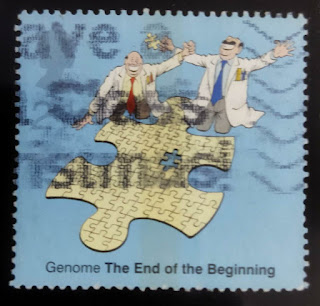Paraguay observes Heroes' Day (Día de los Héroes) on March 1st. Heroes' Day commemorates the bravery and sacrifice of those who fought in the Paraguayan War (1864–1870), also known as the War of the Triple Alliance.
The War of the Triple Alliance involved Paraguay against a coalition of Argentina, Brazil, and Uruguay. Paraguay suffered significant losses, including a large percentage of its population, during this conflict. Heroes' Day is a national holiday in Paraguay, and various ceremonies, events, and commemorations take place to honor and remember the heroes who fought for their country during the war.
.jpg)








